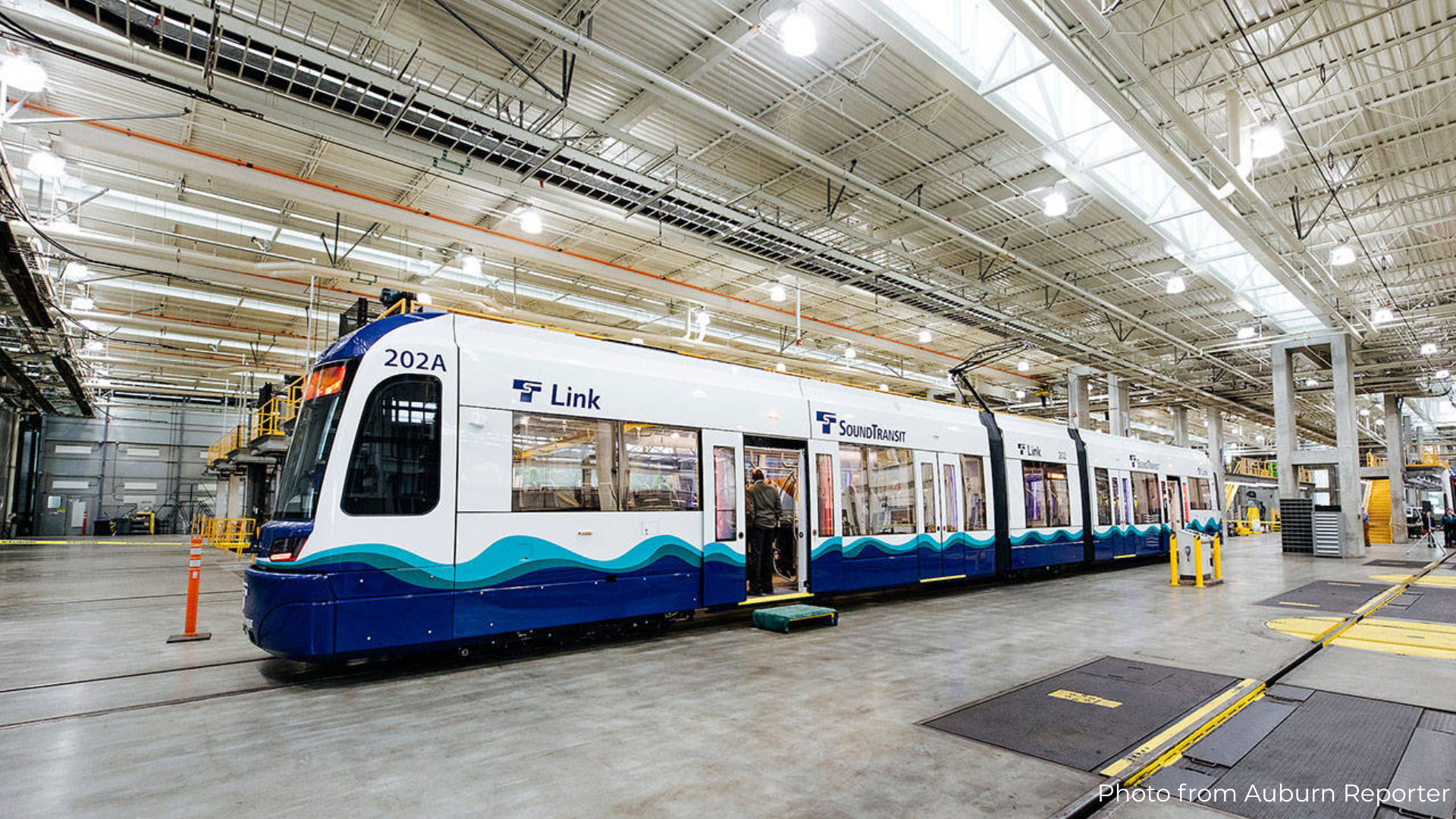The Sound Transit board is poised to adopt a motion that directs the agency to “Seek state funding to support the target delivery dates for Sound Transit projects and services.” M2023-XX (soundtransit.org) This suggests the costly light rail projects in the Sound Transit plan can’t be completed by 2046 without a bailout. This may come as a s surprise to Legislators and voters since it was only two years ago that Sound Transit “realigned” the ST3 plan and pushed out project completion in response to a $6.5 billion “affordability gap”.
The proposed Sound Transit budget through 2046 shows expected tax revenue of $93.7 billion and total revenue including bond proceeds, fares and grants of $148.1 billion. That enormous budget is an increase of more than $2.5 billion from the spring 2023 estimate, so lagging revenue wouldn’t seem to be the problem. Have further cost overruns resulted in another multi-billion dollar “affordability gap”?
The Sound Transit motion directing the agency to “Seek state funding” doesn’t say what will happen if additional funds are not secured, but that is exactly the question legislators should ask, and it is the question taxpayers have a right to have answered. Is the plan on track? If not, is it time to consider modifications to the plan to stay within budget?
The possibility of state funding for Sound Transit has come up before. When the agency was initially formed various funding arrangements were considered. The legislature wisely chose to keep Sound Transit’s budget separate from the state budget. Sound Transit was granted generous taxing authority within their three-county district with the understanding the agency would not seek state funding. In turn, the legislature took on the responsibility of completing the freeway HOV system. It would be up to Sound Transit to plan, finance, and build the regional transit system with revenue collected from residents in the region.
Years later, when Sound Transit came back to the legislature requesting additional revenue to fund the ST3 plan, the legislature granted Sound Transit even more generous taxing authority. The average household in the Sound Transit district now pays over $1,700 per year in sales tax, MVET and property tax to Sound Transit. While the legislature was very permissive in granting taxing authority they again kept Sound Transit’s revenues and budget separate from the state transportation budget.
In the 2024 session the legislature is expected to pass a supplemental transportation budget. As usual, this will involve balancing many competing priorities, not the least of which is the State’s responsibility to maintain the State Highway System. Insufficient funding over more than a decade has resulted in deteriorating pavement and a massive backlog of maintenance work. WSDOT now estimates that $770 million per year is needed to bring the system up to a state of good repair. Transportation Sec. Millar has gone so far as to describe the system as “being on a glidepath to failure”. The legislature’s supplemental budget should recognize that adequately maintaining the State Highway System is a much higher priority than providing a bailout to a regional agency that can’t seem to make ends meet despite rapidly growing revenues that now exceed $2.5 billion per year.
Sound Transit’s recurring “affordability gaps”, cost overruns, and project deferrals suggest the agency needs accountability much more than it needs additional revenue. Before again succumbing to Sound Transit’s pleadings for more revenue the legislature should commission an independent performance audit of the agency and conduct a reality check of the agency’s ever shifting financial plans and project timelines.






